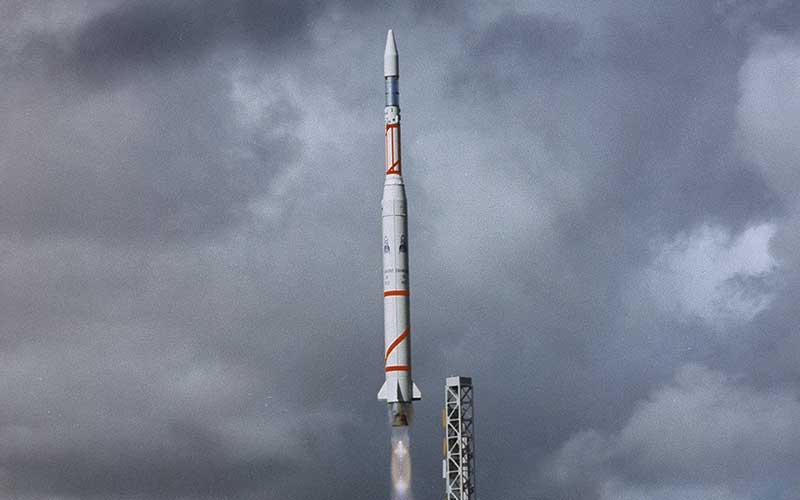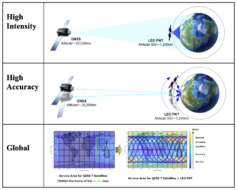Want to put a number on how seriously France is taking the future of its space sector?
If so, you’re in luck. As part of its €54B ($52.5B) France 2030 Covid recovery package, the country earmarked 2.9% of funds—or €1.55B ($1.51B)—for space initiatives.
Unpacking the news: During the first steering committee meeting for the space component of France 2030, the government announced a number of grants aimed at boosting the country’s newspace industry. Although exact grant numbers were not broken out, in the aggregate, this funding round awards €65M+ ($63M+) to 15 projects.
What is France 2030?
France 2030 seeks to sustainably transform key national sectors through R&D and industrial investment. As far as space is concerned, France 2030 will provide funding for several different sectors through a number of open calls to industry.
This initial announcement of awards was split into four categories:
- microlaunchers
- launchpad conversion
- orbital tugs
- new calls
Microlaunchers: France is funding a total of 12 projects from 11 companies. Some funds were set aside for specific projects, such as the development of a propulsion system, while other awards have a broader aim, such as developing an entire rocket.
The 11 companies receiving funding were:
- OPUS Aerospace
- Sirius Space Services
- SpaceDreams
- Nobrak
- HyPrSpace (Fun side note: HyPrSpace got funding to develop its OB-1 launch vehicles. The “OB” in OB-1 stands for Orbital Baguette. Talk about proudly French!)
- CMP Composites
- The Exploration Company
- Watt & Well
- HALCYON
- Latitude
- Leanspace
Pad retrofits: The launchpad conversion funding was awarded to CNES. The French space agency will use the money to finish building a new commercial launch facility at the site of the Guiana Space Centre’s old Diamant site.

The Diamant launch facility hosted the first orbital launch from the Guiana Space Centre in February 1967. It hosted its last launch in 1975. In December 2021, CNES announced that it would begin accepting applications from commercial operators of micro and mini-launchers to launch from the facility.
In August, CNES preselected Avio (Italy), HyImpulse (Germany), Isar Aerospace (Germany), MaiaSpace (France), PLD Space (Spain), Rocket Factory Augsburg (Germany), and Latitude (France) to launch from the facility. The first launch from the converted facility is expected to take place in 2024.
Tugs: Exotrail received the only space tug award. As part of the award, the company will launch an initial demo mission in 2024 to validate the ability of its spacevan orbital transfer vehicle to adjust a satellite’s altitude. A second mission will then be launched in 2025 that will carry the first institutional payload.
New calls: The final two elements of the announcement were a pair of new calls for tender proposals. The first, issued by CNES, seeks to promote the development of space data sources in the context of maritime surveillance. The second, issued by Bpifrance, a French public investment bank, seeks to support the development and industrialization of satellite constellations and their technologies.
What next? With a mere €65M of €1.55B spent, this is just the start of what the French newspace industry can expect over the next eight years.




